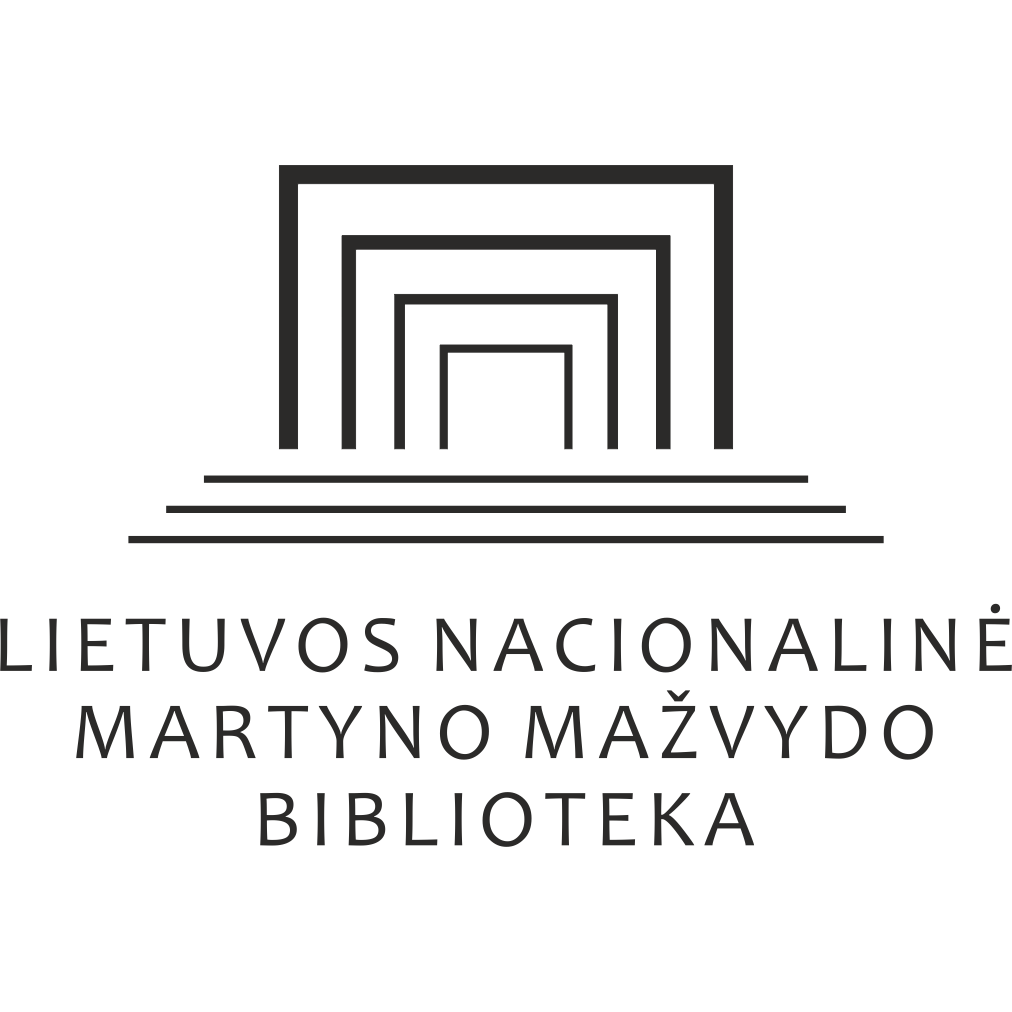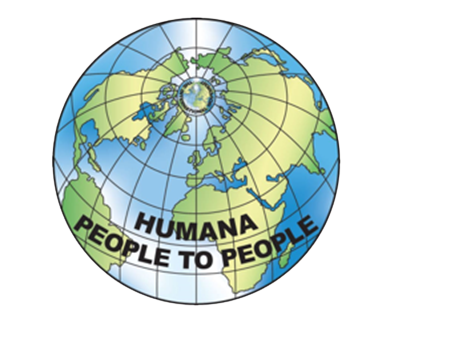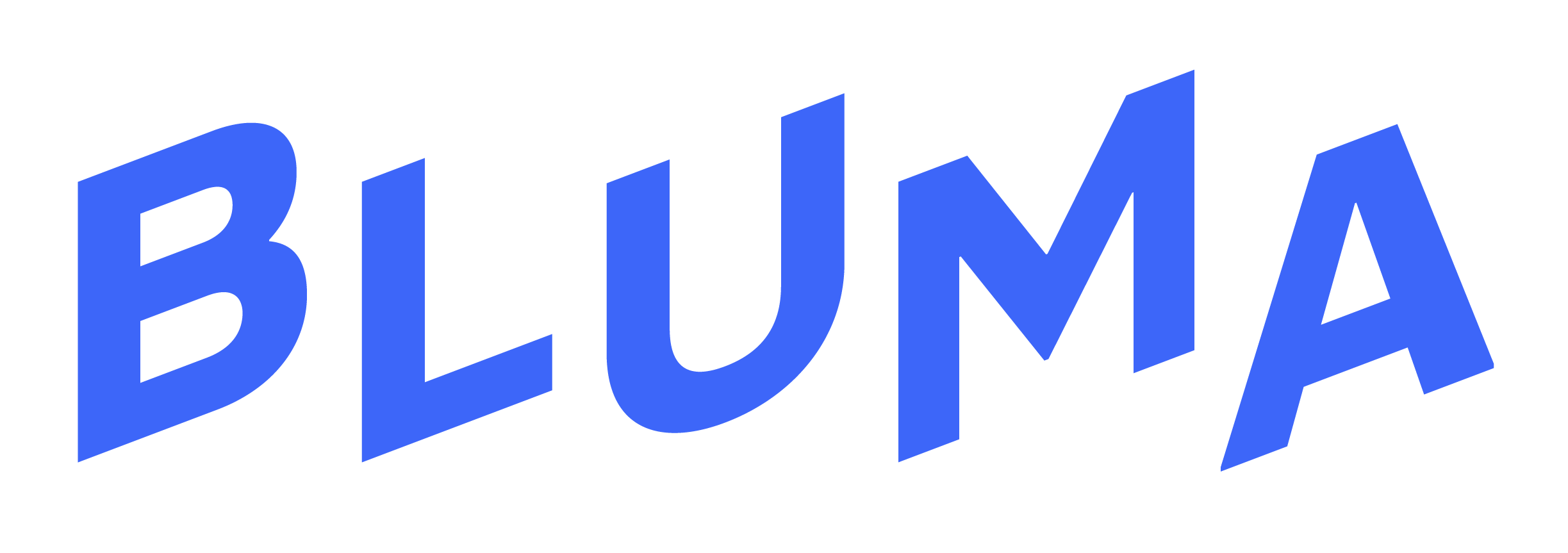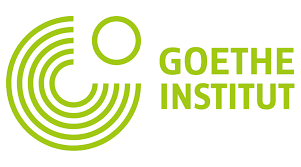From December 2022 "Edu Vilnius", together with Vilnius City Municipality, has started monitoring the experiences and well-being of pupils, staff and parents of general education institutions in Vilnius City.
Goal
The purpose of the monitoring system is to help schools and the municipality to record fluctuations in indicators of the learning environment, pupil well-being, and the microclimate of schools, to diagnose, identify problem areas and, if necessary, to carry out interventions based on the data.
The main beneficiaries of this innovation are school leaders and school communities.
Process and methodology
This year, 79 general education institutions in Vilnius City have joined the monitoring system. We expect all general education institutions in the city to join in 2023.
The monitoring data collection, analysis system and infrastructure are centrally managed by Edu Vilnius and the service provider UAB Synopticom. The solution applies a methodology developed and successfully used in business management, which allows schools to periodically collect data on the experience and well-being of their community in the form of surveys at a reduced labour cost, analyse it, and react promptly to make quality decisions by means of visual and comprehensible expressions of the results.
In 2023, 10 pre-school institutions will also test the system for monitoring the experiences and well-being of staff and parents (3 kindergartens in Vilnius have been involved in the development of the prototype).
Achievements in 2023
At the end of 2022, we invited general education institutions in Vilnius to participate in the collection of monitoring data on the experiences and well-being of pupils, staff and parents of pupils, and to start monitoring education in Vilnius. 79 schools took up the challenge, 3,987 school staff, 15,365 pupils and 19,111 parents participated in the surveys.
Overall satisfaction:
Pupils - 7.4
Teachers - 8.5
Parents - 8.0
13 pre-school institutions also participated in the Education Monitoring System trials.
Contact
Project manager Jurgita Rimkuvienė
jurgita@eduvilnius.lt
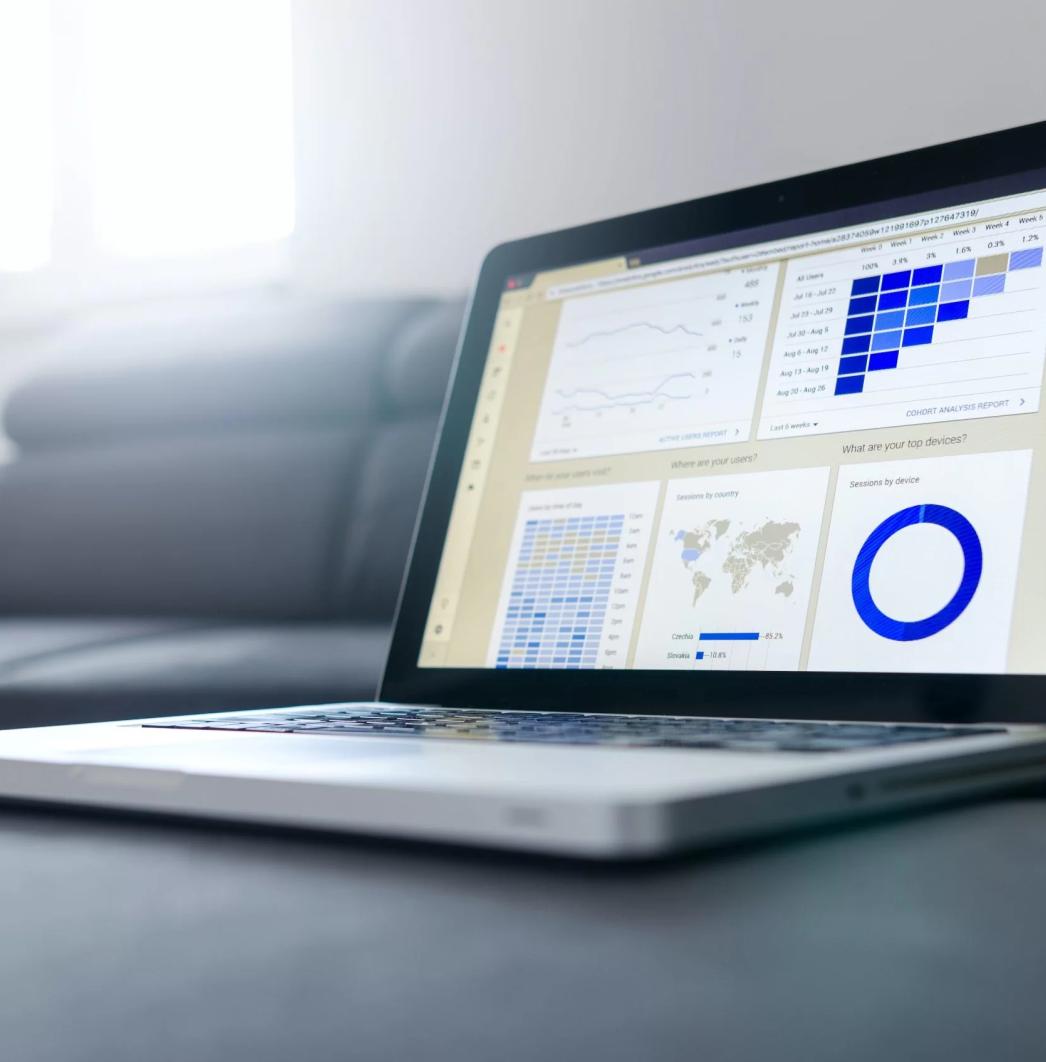
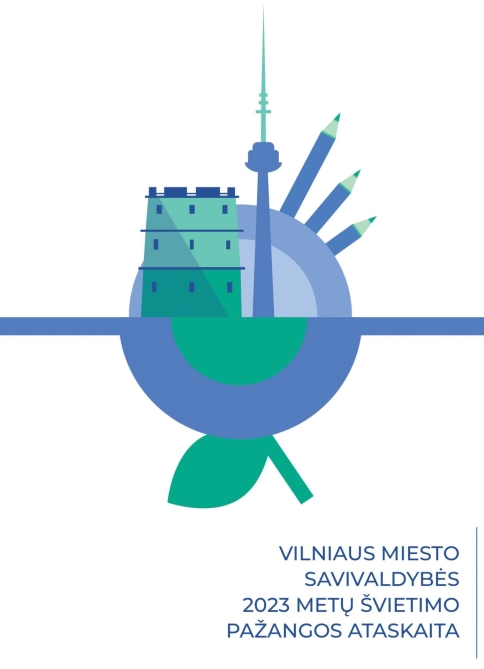

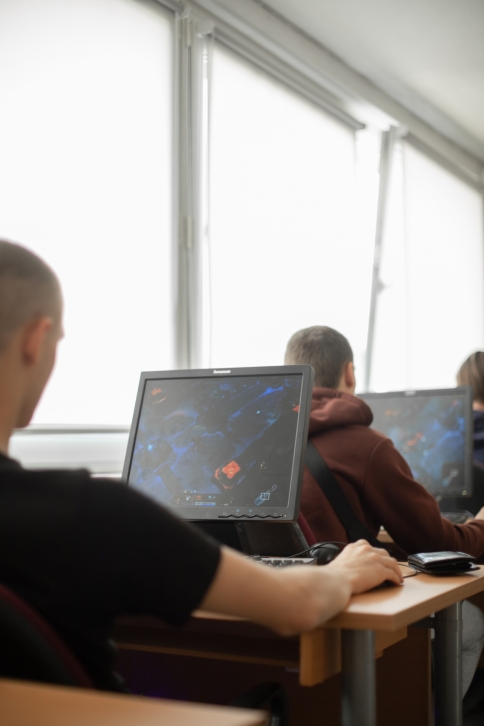

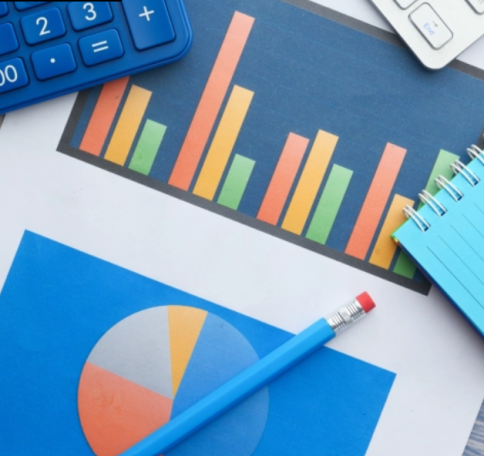

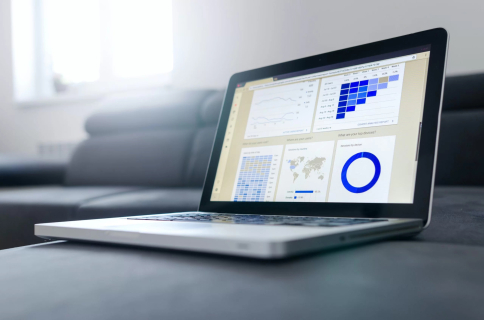


.png)
